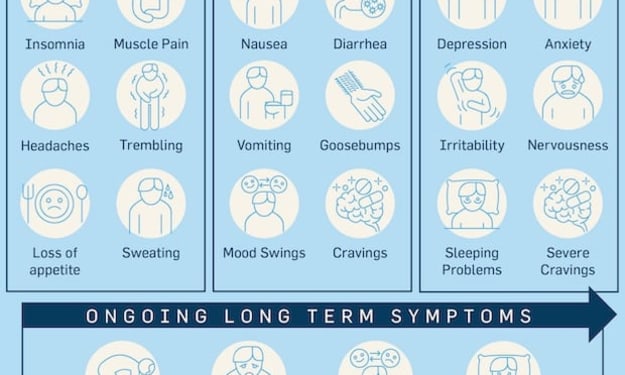
There are several different things that should be considered when planning aftercare for patients suffering from mental illness. Some of these include relapse prevention, dealing with stressors of everyday life, and coping with ambivalence about treatment.
Relapse prevention
Relapse prevention aftercare planning is necessary if you or your loved one is going through a treatment program. The purpose is to prevent relapse as well as help you get back on your feet after your recovery. There are many options available. Some programs include medical monitoring and counseling while others may provide group therapy with a 12-step orientation. You can also find out about support groups in your area.
The most effective form of aftercare is a comprehensive program that combines a wide range of treatment options to help your loved one overcome his or her addiction. An intensive outpatient program includes individual and group counseling, alcohol and drug education, and relapse prevention aftercare planning. These programs are especially beneficial for individuals who require more structure than a typical outpatient program provides.
Coping with ambivalence about treatment
During the early stages of recovery, many individuals are ambivalent about change. The ambiguity is often due to the uncertainty of whether or not they can give up substance use. This is a natural and common part of the recovery process. When working with clients who are ambivalent about change, the counselor needs to acknowledge the ambivalence and validate it. However, he or she should also avoid trying to convince the client to change. Instead, the counselor should work to evoke change talk and reinforce the client's plan.
The concept of ambivalence is important because it represents the tension between feelings. If the ambivalence is perceived as denial, it can elicit discord in the therapeutic relationship. Likewise, if the ambivalence is perceived as resistance, it can lead to a conflict.
Managing mental health issues
If you are experiencing a mental health crisis, you should seek help. A mental illness can disrupt your life and impact your relationships. It can cause severe depression, self-harm, or suicide.
Your loved ones can provide support, but you should also consider other options. You can choose to get treatment in a hospital or residential facility, or stay at home and work on your own.
The goal is to learn how to manage your symptoms. Some people find that it is easier to do so after accepting a diagnosis.
Recovery colleges can help you develop the skills to manage your symptoms and take control of your recovery. You can find one in your area by calling NHS 111.
Advocacy is another important part of recovery. Public advocacy can include writing letters to the editor, speaking to groups, and forwarding social media posts.
Physical wellness
Physical wellness is an essential component of any comprehensive recovery plan. There are many ways to improve your physical health. Exercise, good nutrition, and good personal hygiene are all important factors to consider. However, if you are serious about improving your health, you should seek out a medical professional.
The best way to go about this is to make a list of your medical concerns, and then schedule appointments with a variety of specialists. This will ensure that you don't miss out on any critical treatments. In addition, you will be able to better evaluate your recovery progress in an objective setting. You should also set up an aftercare plan to make sure that you remain on track.
Despite the fact that you may be in a hospital or inpatient setting, it's still possible to maintain a healthy and happy lifestyle. To that end, there are numerous resources you can rely on.





Comments
There are no comments for this story
Be the first to respond and start the conversation.